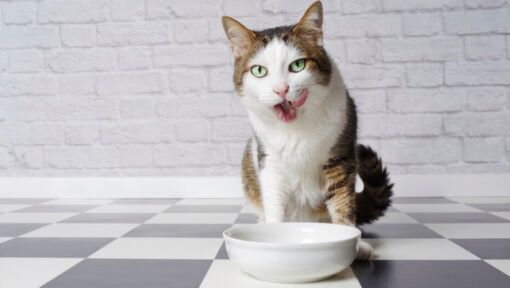Hyperthyroidism in cats is a common endocrine disorder, especially in older felines. It occurs when the thyroid gland produces an excess of thyroid hormone. The thyroid gland is located in the neck and plays a crucial role in regulating the body's metabolism. When it becomes overactive, it can lead to a variety of symptoms and health issues in cats.
Symptoms and causes
Common symptoms of hyperthyroidism in cats include weight loss despite increased appetite, increased thirst and urination, hyperactivity, vomiting, diarrhea, unkempt appearance, excessive shedding, and occasionally aggression. However, some cats may not show any symptoms at all.
The exact cause of hyperthyroidism in cats is not fully understood. However, it is thought to be primarily related to changes in the thyroid gland, such as benign tumors called adenomas or, less commonly, malignant tumors called carcinomas. Genetic factors, environmental factors, and dietary factors may also play a role.
A veterinarian can diagnose hyperthyroidism through a combination of physical examination, blood tests to measure thyroid hormone levels (T4), and possibly additional tests such as thyroid ultrasound or scintigraphy.
Treatment
Treatment options for hyperthyroidism in cats include medication (methimazole), surgery, and radioactive iodine therapy (I-131). Medication such as methimazole can help control thyroid hormone levels, but they require lifelong administration and may have side effects. Surgery to remove the thyroid gland (thyroidectomy) can be curative but carries risks and may not be suitable for all cats. Radioactive iodine therapy is considered the gold standard treatment as it selectively destroys abnormal thyroid tissue while sparing normal thyroid tissue, but it requires specialized facilities and monitoring.
Prognosis
With appropriate treatment, the prognosis for cats with hyperthyroidism is generally good. However, untreated hyperthyroidism can lead to serious complications such as heart disease, high blood pressure, and kidney damage, which can significantly impact the cat's quality of life and longevity.
If you suspect that your cat may have hyperthyroidism, it's important to consult with a veterinarian for proper diagnosis and treatment. Early detection and intervention can help manage the condition effectively and improve the cat's overall well-being
Resources: vin.com, chatGPT
